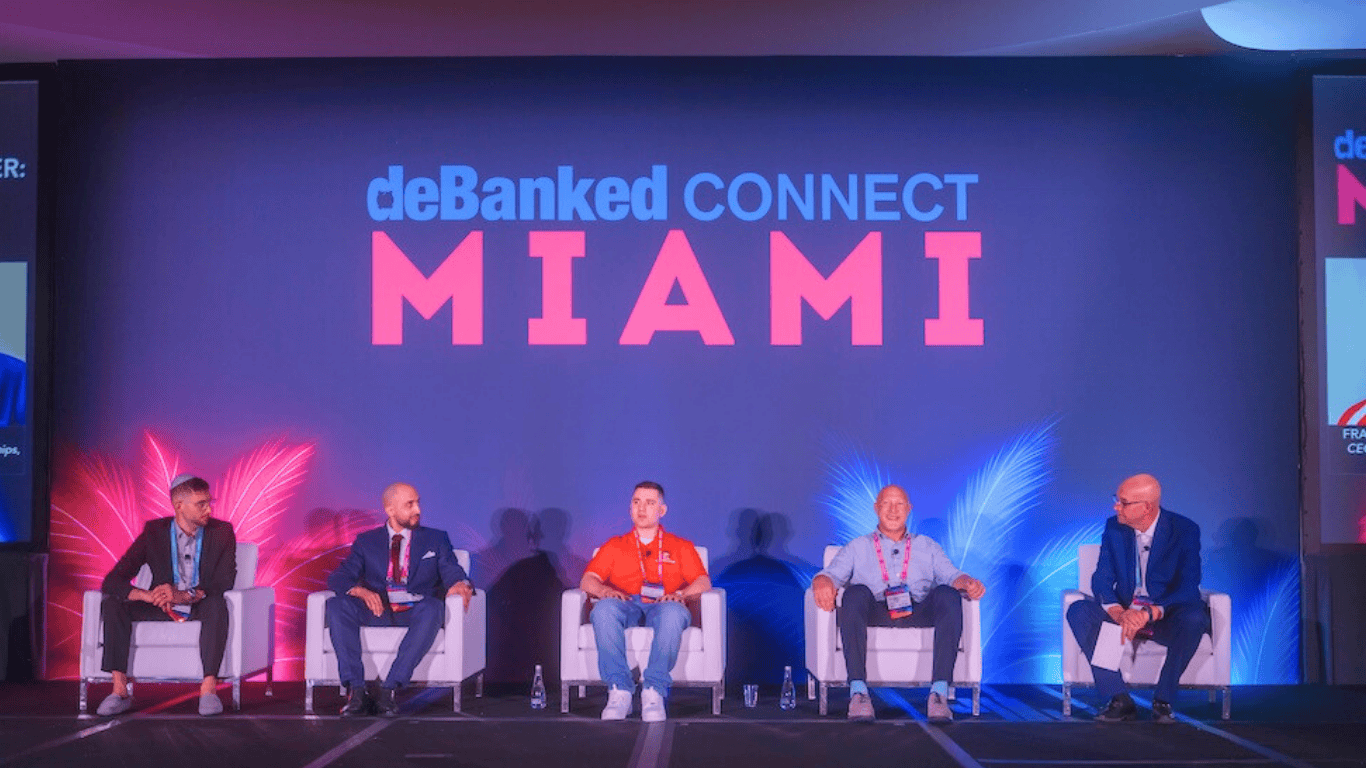Cobalt Intelligence's Secretary of State API acts as a sophisticated translator, normalizing disparate state data into a universally digestible format. This not only streamlines your underwriting workflows but also empowers faster, more confident credit decisions.
The Challenge: Navigating a Patchwork of Public Records
Imagine the sheer volume of loan applications and due diligence requirements your teams face daily. Each business entity registered across the 50 U.S. states and the District of Columbia presents its information uniquely. This leads to a myriad of operational inefficiencies:
- Inconsistent Data Formatting: Every state’s SOS portal has its own structure, field names, and presentation of business details. What one state calls "Entity ID," another might label "Business Registration Number," making automated processing a manual nightmare.
- Varying Terminology for Business Statuses: A business in "Good Standing" in one state might be "Active" elsewhere, or worse, use obscure terms that require expert interpretation. This ambiguity can introduce human error into critical compliance checks.
- Disparate Data Availability: Some states offer a wealth of information, including officer details and historical filings, while others provide minimal data, perhaps just the business name and active status. This unevenness complicates comprehensive risk assessment.
These inconsistencies mean that raw SOS data, while authoritative, often remains an uninterpretable jumble without significant in-house development or manual intervention, hindering your ability to scale and maintain agility.
Cobalt Intelligence's Solution: The Normalization Imperative
Cobalt Intelligence's Secretary of State API is engineered to conquer these challenges by normalising data from primary sources – directly from official state SOS websites in real-time. This ensures that, regardless of the state, the data you receive is structured, consistent, and immediately actionable for your lending platforms and risk engines.
Key Normalization Strategies for Enhanced Lending Operations
Cobalt Intelligence employs several sophisticated strategies to achieve this critical data normalization, offering profound benefits for alternative and institutional lenders:
1. Field Name Standardization
Cobalt's API transforms varying state-specific field names into a consistent, universal set of labels. This means "Entity ID" will always be "Entity ID" in your API response, irrespective of the original state portal's nomenclature.
- Impact on Automation and Risk Engines: For lending executives, this standardization is crucial for building robust, scalable automated underwriting systems. Consistent field names mean your algorithms can parse data uniformly across all states, accelerating decision-making and enabling true straight-through processing for eligible applications. This directly supports the rapid processing of thousands of applications monthly, as seen with 1West and IDEA Financial.
- Developer Efficiency and Reduced Integration Costs: Your development teams no longer need to write custom parsers for each state's unique data format. This significantly reduces integration time and ongoing maintenance overhead, allowing developers to focus on higher-value tasks rather than data wrangling. This ease of integration is a core value proposition, with typical implementation taking less than a week.
- Cross-State Comparison for Portfolio Analysis: Standardized data facilitates seamless cross-state comparison and aggregation. This is vital for portfolio management and risk assessment teams who need to understand their exposure across multi-state operations, enabling more precise analytics and strategic adjustments to lending guidelines.
2. Status Normalization
States use a bewildering array of terms to describe a business's registration status. Cobalt Intelligence addresses this by providing both the raw status as retrieved from the state website and a normalized "active" or "inactive" flag based on its intelligent interpretation.
- Importance for Automated Underwriting Rules: Automated underwriting systems can directly apply rules based on a clear "active" or "inactive" status, eliminating the need for manual review of ambiguous state-specific terms. This directly contributes to faster credit approvals and significantly curtails the risk of approving fraudulent credit applications from inactive entities.
- Reducing Human Interpretation Errors: This dual approach minimises the risk of misinterpretation by compliance officers and underwriters, ensuring consistent application of your lending policies across all jurisdictions. This accuracy helps maintain regulatory adherence and reduces potential audit findings.
- Streamlining Compliance Checks: For compliance teams, a normalized status simplifies Know Your Business (KYB) and Anti-Money Laundering (AML) checks, ensuring that only legitimately operating entities are onboarded. This allows your team to confidently manage regulatory requirements without added overhead.
3. Transparent Handling of Data Availability Limitations
The comprehensiveness of data returned by the API is inherently tied to what each state publicly discloses. Cobalt Intelligence's API returns the same standardised fields for all states but intelligently leaves certain fields empty if the information is not publicly available from the source (e.g., New Jersey and Delaware often provide minimal data or require fees for certain details).
- Building Realistic Expectations for Data Comprehensiveness: This transparent approach provides lenders with a clear understanding of what information is reliably available from the primary source for a given state. It helps set realistic expectations for automated processes and guides where supplementary data might be needed.
- Guiding Decision-Making When Data is Sparse: For states with limited public data, lenders know exactly where the information gaps are. This allows for the implementation of alternative verification steps or risk mitigation strategies, ensuring that decisions are always made with an awareness of available data.
- Complementary Data Sources to Fill Gaps: While the SOS API is fundamental, Cobalt Intelligence offers additional API services like TIN/EIN verification, UCC filing data (for 11 states), and court data (NY and Miami-Dade). This multilayered approach allows lenders to build a comprehensive risk assessment toolkit, mitigating the impact of limited public SOS data by cross-referencing with other critical verification points.
4. Confidence Scoring for Name Matching
To account for variations in business names, typos, or differing entity types in user input, Cobalt’s API incorporates a confidence scoring mechanism. It returns the most likely match along with alternative results, allowing users to assess the accuracy of the retrieved data.
- Mitigating Manual Review for Typos: This intelligent matching technology automatically handles slight variations, reducing the need for manual review of applications that might otherwise be flagged due to minor discrepancies or input errors. This frees up valuable human resources for more complex cases.
- Enhancing Fraud Detection by Flagging Low-Confidence Matches: A low confidence score can serve as an early warning signal, prompting deeper investigation into potential misrepresentations or fraudulent applications. This proactive approach to fraud prevention is a critical component of a robust risk management strategy.
- Improving Customer Experience by Reducing Rejection Based on Minor Errors: By accurately matching entities despite small input variations, the API reduces unnecessary rejections or requests for clarification, leading to a smoother and faster onboarding experience for legitimate borrowers.
5. Address Matching Logic (Prioritization)
When multiple businesses share a similar name, Cobalt’s API prioritises the result that includes a matching address provided by the user. This logic is crucial for accurate entity identification.
- Crucial for Accurate Entity Identification in Dense Markets: In regions with many similarly named businesses (e.g., "Main Street Holdings LLC"), matching against a provided address ensures that the correct legal entity is identified, preventing costly errors in underwriting or compliance.
- Preventing Misidentification in High-Volume Processing: For lenders processing thousands of applications, this automated address matching significantly reduces the chance of misidentifying a business, which could lead to lending to the wrong entity or missing critical financial obligations.
- Bolstering Know Your Business (KYB) Accuracy: This granular matching logic adds another layer of precision to your KYB processes, ensuring that the business you are onboarding is indeed the one it claims to be, thereby strengthening your compliance posture and reducing inherent risk.
The Proposition: Beyond Raw Data – Actionable Intelligence for Lenders
For alternative business lenders and institutional executives, the normalization capabilities of Cobalt Intelligence's API deliver a powerful proposition:
- Faster, More Accurate Decisions: By providing clean, structured, and real-time business data, the API empowers your teams to make quicker and more informed underwriting decisions, leading to higher approval rates for legitimate businesses and a more agile lending operation overall.
- Reduced Operational Overhead and Human Error: Automating the laborious and error-prone process of manual SOS lookups frees up your processing teams to focus on high-value tasks, reducing operational costs and improving overall efficiency.
- Enhanced Compliance and Fraud Prevention: With verified, consistent data directly from primary state sources, you can strengthen your compliance frameworks, mitigate fraud risks by flagging unregistered or inactive businesses, and ensure a verifiable audit trail with timestamped screenshots.
In an industry where data timeliness dictates financial outcomes, Cobalt Intelligence’s Secretary of State API is not just a technical upgrade; it’s a strategic advantage, enabling you to work smarter, not harder, in the pursuit of a more transparent, efficient, and equitable lending ecosystem.
Ready to transform your business verification intelligence? Schedule a free consultation call with Jordan Hansen, the founder of Cobalt Intelligence, and discover how their API can revolutionise your operations today.




.png)







.png)